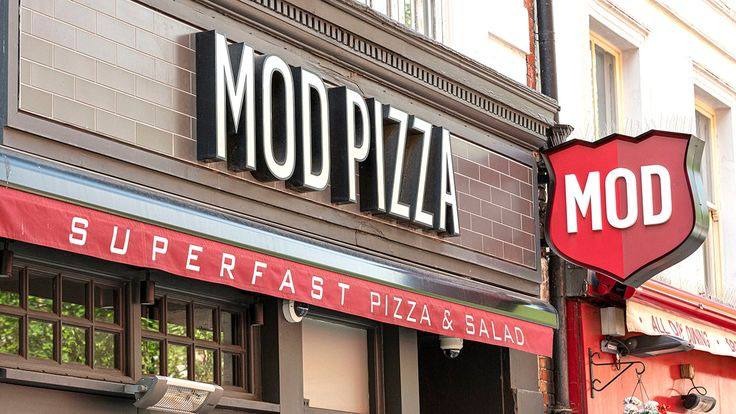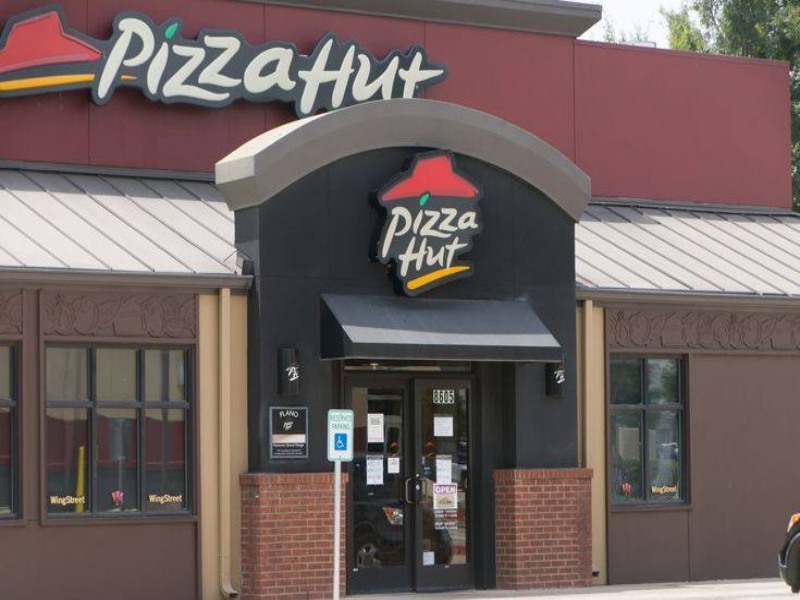Mod Pizza shuttered five of its California locations just weeks before the state’s new minimum wage law for fast food workers took effect. The closures have left employees and customers wondering about the reasons behind the decision and the potential impact on the fast food industry in California.
Mod Pizza, which has 500 locations nationwide, reportedly closed five shops in the state at the end of March. Those shops were among the over two dozen locations the company closed nationwide. The company did not specify a reason. However, workers in Clovis, whose shop abruptly closed, told the media they suspected the closures were due to the new law that took effect in April 2024.
“It just kind of seemed like the right timing. Two weeks before all of the fast food locations in California got that increase that we closed.” Mod Pizza employee, who asked to remain anonymous, said.
What Is California’s New Minimum Wage Law for Fast Food Workers?
On April 1, 2024, new legislation took effect in California. It increased the minimum wage for restaurants with at least 60 locations nationwide from $16 to $20 per hour. This equates to an annual salary of $41,600 for fast-food workers. However, the law does not apply to restaurants that make and sell bread.
ALSO READ: Baltimore Man Bags Decades in Prison After Attacking Asian Business Owners
According to the Bureau of Labor Statistics, the average fast-food worker in the U.S. earned $13.43 an hour in 2022, while those in California made an average of $16.60 an hour. The new law aims to improve the quality of life for fast-food workers, but it has also raised concerns about the potential impact on businesses.

Fast Food Restaurants Cutting Jobs To Mitigate Financial Impact
Several eateries in California have begun to cut jobs to get ahead of the possible financial repercussions of the minimum wage hike. Fosters Freeze, another fast food joint in the state, closed its doors permanently due to the bill.
Monica Navarro, former assistant general manager at Fosters Freeze in Lemoore, found out the restaurant owner had closed the doors for good when she arrived. The owner, Loren Wright, reported that this was the “last thing” they wanted to do. However, they knew the business would likely be unable to withstand the wage hike.
Pizza Hut Franchisee Lays Off Long-Time Employee
Michael Ojeda, a 29-year-old Pizza Hut driver in Ontario, California, received a notice from a Pizza Hut franchisee. The letter from the Southern California Pizza in December informed him that his last day of work would be February. Ojeda had worked for Pizza Hut for nearly a decade and was shocked by the sudden layoff.
“Pizza Hut was my career for nearly a decade, and with little to no notice, it was taken away,” said Ojeda. The layoff of long-time employees like Ojeda has raised concerns about the job security of fast food workers in the face of the minimum wage increase.
Fast Food Industry Adjusts to Minimum Wage Law
As the fast food industry in California adjusts to the new minimum wage law, many restaurants are facing tough decisions about maintaining profitability while complying with the increased labor costs. Some businesses consider raising prices, reducing hours, or cutting staff to offset the financial impact.
ALSO READ: Neutrogena Announces Closing Its Los Angeles Office, Lays Off Staff
Industry experts predict that the minimum wage hike could further consolidate the fast-food sector. Larger chains are better equipped to face the increased costs than smaller, independent operators. The long-term effects of the law on the industry and its workers remain to be seen.
Critics Warn of Job Losses
Proponents of the minimum wage increase argue that it is necessary to provide fast food workers with a living wage and improve their quality of life. They point to California’s high cost of living and the challenges many workers face in making ends meet on low wages.

However, critics of the law warn that it could lead to significant job losses in the fast-food industry as businesses struggle to adapt to the increased labor costs. They argue that the law could ultimately hurt the workers it aims to help by reducing employment opportunities.
The challenge lies in finding a balance that supports the needs and aspirations of all stakeholders while building a more just and prosperous future for all.
You Might Also Like:
Get Beyoncé’s “Cowboy Carter” Vibes and Other Fashion Picks for Spring at Just $15
Neutrogena Announces Closing Its Los Angeles Office, Lays Off Staff
How Donald Trump’s Abortion Stances Have Shifted Over the Years
Christina Applegate Opens Up About Tearful Nights on Breast Cancer Journey
Gwen Stefani Shuts Down Blake Shelton Divorce Rumors, Opens Up About Paranoia
